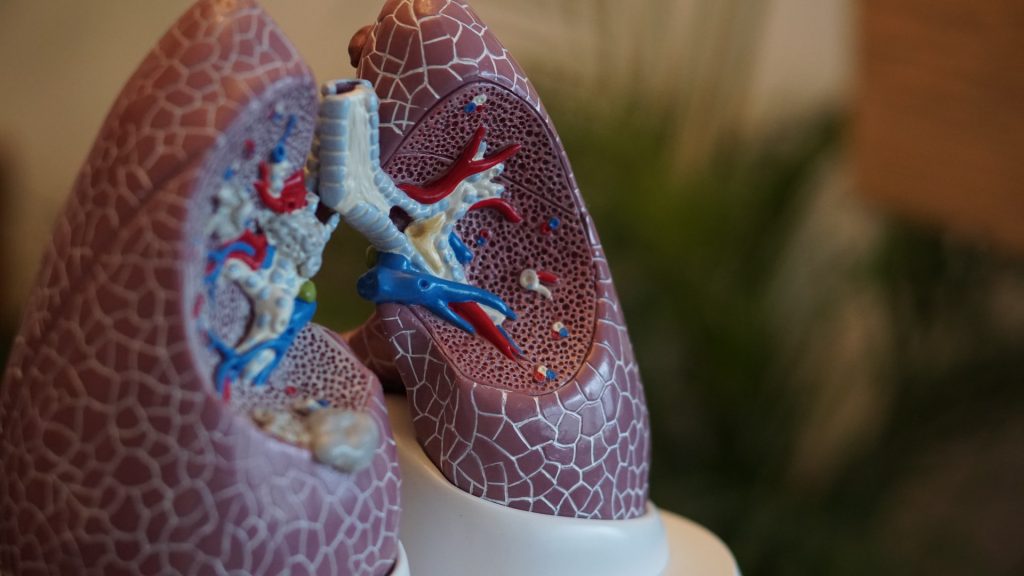
A survey found that less than half of community oncologists surveyed indicated using biomarker testing to guide patient discussions, compared to 73% of academic clinicians.
Recent advances have substantially altered the management of lung cancer but, there is a concern these new methods, which include biomarker testing, will not be used equally throughout the health care system and worsen disparities that may already be entrenched.
To determine this, the Association of Community Cancer Centers (ACCC), led by Leigh Boehmer, Pharm.D., chief medical officer, developed a US oncology clinician-facing survey instrument.
To help guide clinicians in the use of biomarker testing, the College of American Pathologists, the IASLC, and the Association for Molecular Pathology published the 2018 CAP/IASLC/AMP Molecular Testing Guidelines for Lung Cancer. Dr. Boehmer reported that of the 99 responses collected, only 40 percent indicated they were “very” or “extremely familiar” with the 2018 Guidelines.
The researchers found that clinicians were most confident in selecting appropriate tests to use, interpreting test results, and prognosticating based on test results, but less confident in determining when to order testing and coordination of care. This lack of communication was echoed in focus groups, Dr Boehmer reported.
Clinicians are most likely to order biomarker testing to make more accurate treatment decisions and inform patient discussions, but only 48% of community clinicians indicated that they use biomarker testing to guide patient discussions compared to 73% of academic clinicians.
Asked about preferences when making a final testing decision, 41% of clinicians prefer that they share responsibility with the patient while 52% prefer to make the final decision themselves. Only 6% prefer that the patient make the final decision. Focus groups suggested that clinicians perceive that patients rarely understand what testing entails and how it affects treatment options.
To make more informed decisions about biomarker testing, clinicians indicated that they need more information on financial resources, as well as education around both published guidelines and practical implications of clinical data. Sixty-seven percent of clinicians provide printed educational materials to their patients. When asked what resources their patients need most, 27% said their patients need handouts or educational resources, followed by psychosocial support (23%) and financial assistance (22%).
“This study identifies key areas of ongoing clinician need related to biomarker testing, including increased guideline familiarity, practical applications of guideline-concordant testing, and how to optimally help coordinate multidisciplinary care,” said Dr. Leigh Boehmer, Pharm.D. “Professional organisations and advocacy groups should focus on developing impactful education materials and tools for improving patient-clinician discussions about biomarker testing.”
Source: International Association for the Study of Lung Cancer

